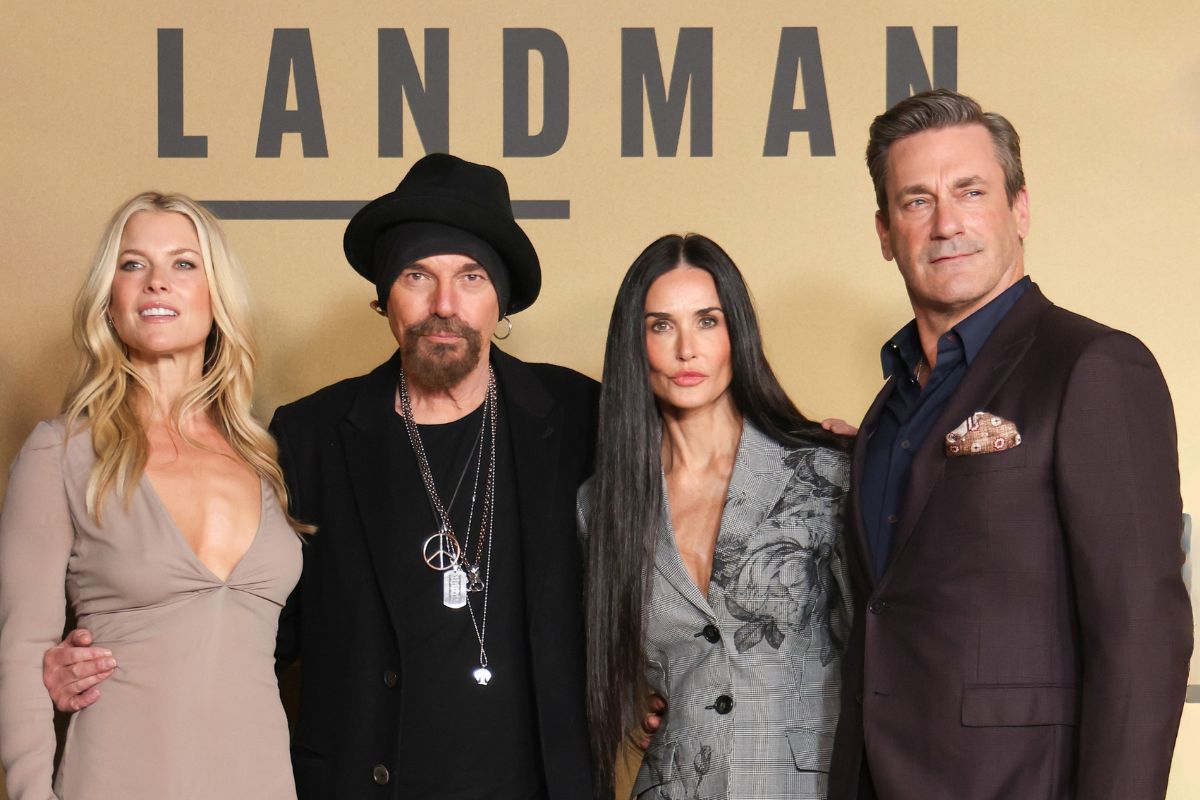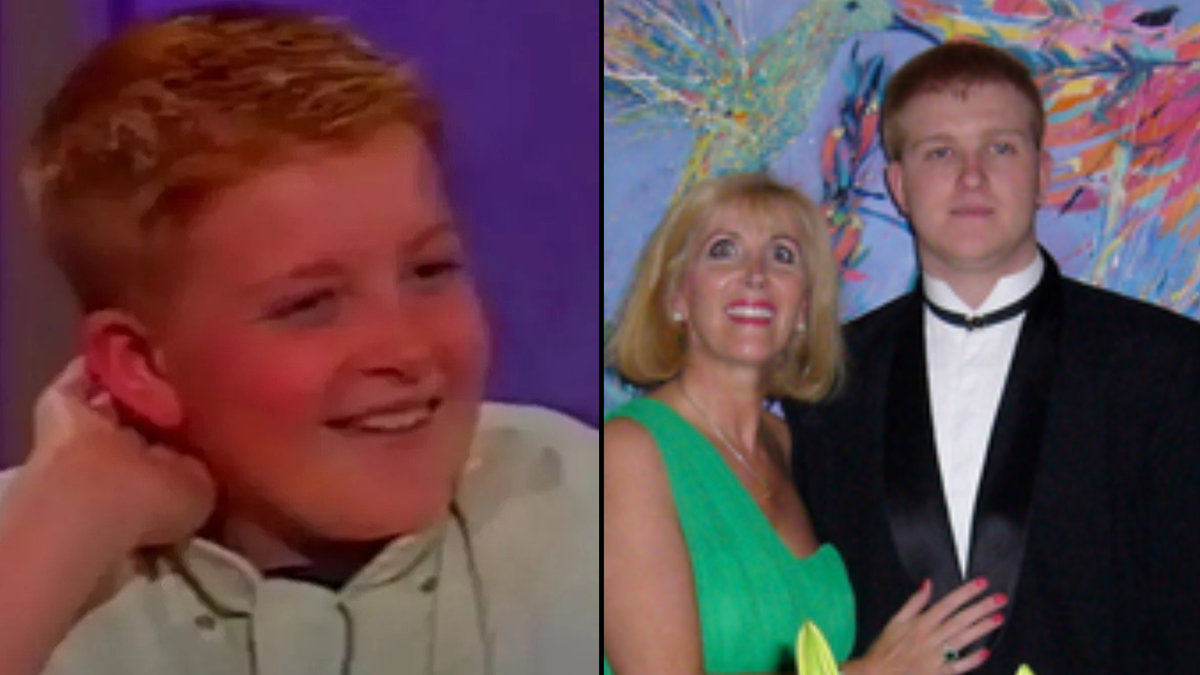Russia has vowed to retaliate after Telegram blocked its state media channels in numerous countries, according to Foreign Ministry spokeswoman Maria Zakharova.
The messaging app barred access to Russian broadcasters including RIA Novosti, Izvestia, RT, Rossiyskaya Gazeta, Channel One, Rossiya 1, NTV, and more have been blocked in European countries including Poland, Belgium, France, the Netherlands, Greece, Italy, and the Czech Republic, as reported by the Kyiv Independent.
Zakharova called it a "campaign of repressions against Russian media outlets."
Newsweek reached out to Telegram for comment on Telegram, and the Russian government for comment via email.

Why It Matters
Telegram's blocking of Russian state media channels in Europe is significant because the social networking app has played a crucial role in the Russia-Ukraine war, as it is popular in both countries and has been a news source for millions.
As one of the five most downloaded apps in the world, Telegram continues to be a source of news regarding the war and its escalation for millions globally, and restrictions on Russian state media may lead to changing opinions and coverage of the war as a result.
What To Know
While it is not clear if Telegram's blocking of Russian state media channels is spread across the entirety of the EU, the channels are inaccessible in at least seven countries.
Russia has not said specifically how it plans to retaliate following the ban but has said that it will "certainly respond to these and other similar attacks on Russian media outlets" and that they "reserve the right to implement symmetrical retaliatory measures."
This is not the first time Russian state media has been blocked on the continent, as the EU previously suspended the broadcasting activity of four outlets including the Voice of Europe, RIA Novosti, Izvestia and Rossiyskaya Gazeta in May.
The EU Council wrote that it imposed the restrictions on accessing Russian media channels that are "under the permanent direct or indirect control of the leadership of the Russian Federation" because they "have been essential and instrumental in bringing forward and supporting Russia's war of aggression against Ukraine, and for the destabilization of its neighboring countries."
Russia has previously responded to European bans on state media outlets by imposing its own bans on 81 media outlets from 25 countries in the EU, with the majority of bans targeting French media, according to Al Jazeera.
Russia had previously said that it would be open to lifting the bans on European outlets if the EU responded in kind.
Why Would EU Telegram Block Russian State Media?
Telegram may have blocked Russian state media channels in the EU in order to stem increasing amounts of pro-Kremlin propaganda being spread in some nations, including Poland, the Czech Republic, and Italy.
In Poland, the Polish Internal Security Agency (ABW) launched an investigation into a Russian propaganda network in the spring, after the Czech Republic discovered a network spreading anti-EU and anti-Ukraine information.
In its investigation, the ABW searched homes and businesses in the capital and a town in southern Poland, and seized 48,500 euros ($52,400), $36,000, and computer data and mobile phones.
Prior to this, the Czech Prime Minister Petr Fiala sanctioned two individuals—pro-Kremlin Ukrainian oligarch Viktor Medvedchuk and pro-Kremlin propagandist Artem Marchevskyi—for spreading pro-Kremlin propaganda in the Czech Republic on their website Voice of Europe.
A Russian spy network operating in Poland resulted in the arrests of 15 people in 2023.
In Italy, hundreds of pro-Russian posters were put up in September with the slogan "Russia is not our enemy," as reported by European Pravda. The group Sovranita Popolare claimed to have put up the posters.
Anti-Ukraine and pro-Russian sentiment has been growing in other EU nations, including Romania and Slovakia.
In Romania, which has previously been a strong supporter of Ukraine, the recent presidential election was won by Calin Georgescu, a prominent critic of Romania's pro-Ukraine and pro-NATO policies. His win was later annulled due to allegations of Russian interference.
In Slovakia, which previously provided significant support for Ukraine's war effort, President Peter Pellegrini recently said he believed Ukraine would need to concede territory in order to obtain peace and Prime Minister Robert Fico said that he supported "zero military aid to Ukraine."
Is Russia's State Media Blocked Elsewhere?
In the days following the outbreak of the war in 2022, Google blocked access to Russian state media channels on YouTube, and Meta instituted restrictions on access to RT and Sputnik in Europe. TikTok and Microsoft also restricted access to the Russian news outlets soon after the war began.
Russian state media outlets including Rossiya Segodnya, RT and other related entities were banned from Meta's social media platforms, which include Instagram, Facebook, and WhatsApp in September for "foreign interference activity."
In response, Kremlin spokesman Dmitry Peskov said that "such selective actions against Russian media are unacceptable," and that "Meta with these actions are discrediting themselves." He added that Russia has an "extremely negative attitude toward this. And this, of course, complicates the prospects for normalizing our relations with Meta."
What People Are Saying
Regarding the "political censorship," Zakharova said: "We perceive this new act of political censorship by countries of the neoliberal West as a formalization of their line to suppress any manifestations of dissent contrary to their international obligations in the sphere of ensuring free access to information and media pluralism.
"The deprivation of Western citizens of an opportunity to independently formulate their own opinion on global developments, a substitution of an objective picture of the world with a simulated reality, fabricated by the mainstream media and social media networks controlled by ruling circles grossly violate fundamental human rights to free speech and undermine the foundations of democratic society.
"We are demanding that specialized international organizations duly evaluate these actions. First of all, we are expecting a response from U.N. human rights mechanisms, the leadership of the UNESCO and its Director-General Audrey Azoulay, as well as the newly-appointed OSCE Representative on Freedom of the Media Jan Braathu. At the same time, we hope that his initial steps in this capacity will not continue the flawed policy of his predecessor who deliberately ignored attacks on Russian media outlets and crimes against this country's journalists.
"The Russian side will certainly respond to these and other similar attacks on Russian media outlets. We reserve the right to implement symmetrical retaliatory measures."
In a post on X, formerly Twitter, the Center for Strategic Communication and Information Security of Ukraine wrote: "The noose continues to tighten around Russia's information warfare apparatus, with Telegram beginning to block some of the Putin regime's largest propaganda networks. Among others, RIA Novosti, NTV, Rossiya 1, RT, and Izvestia are now blocked in Europe."
What Happens Next
It remains to be seen whether Russia will impose further bans on European media outlets or restrict access to Telegram in response to the app's block of its media outlets.




















 English (US) ·
English (US) ·